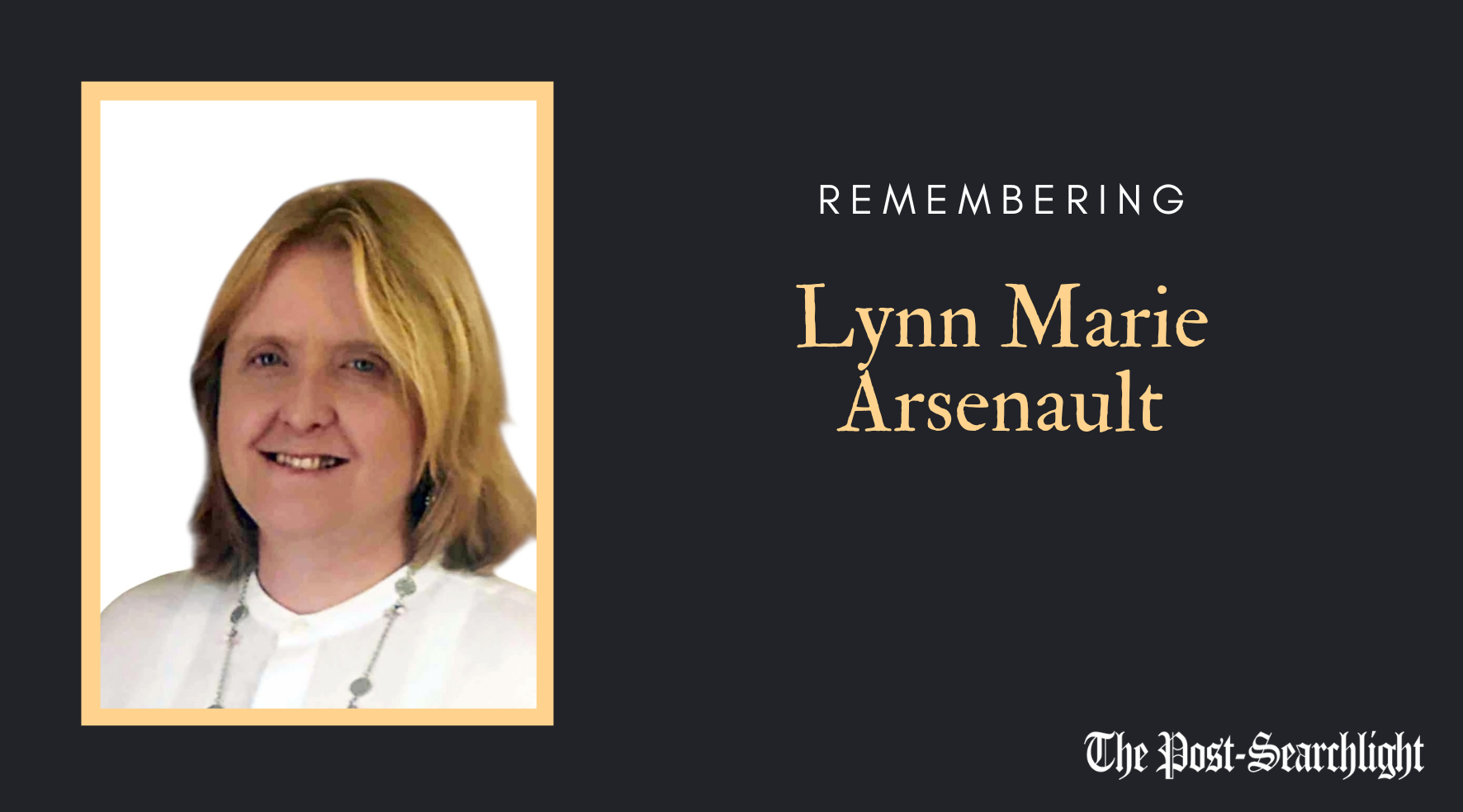Listening to voices in the mist
Published 7:57 pm Friday, July 9, 2010
There is a group of mystery readers here in Bainbridge devoted fans of best-selling novelist James Lee Burke.
Over the years, Burke has written 18 mystery novels about a character, Dave Robicheaux, a detective in the New Iberia Sheriff’s Department in Louisiana. Burke also lives and writes in and about New Iberia.
His latest book, The Glass Rainbow, is the typical Robicheaux police adventure, with lots of dead bodies and the unusual cadre of degenerates, psychopaths, mobsters, drug dealers, and other assorted violent and shady characters.
Burke’s latest book is out, and it’s not as much the novel itself that intrigued me, but there’s a lot of Burke’s philosophy imbedded into the action, with Robicheaux now aging himself as he reflects upon his life coming from the mind of his 74-year-old author.
Like myself, Burke entered this world in 1936, as have a few others here in town, give or take a few years. This book speaks to our aging bodies and youthful memories. It’s more than just a murder mystery, it’s the summation of one who is now in his 70s, reflecting on the accumulated years of one’s life.
“Don’t get old,” one of the characters in this latest book tells Robicheaux. “Age is an insatiable thief. It steals the pleasures of your youth, then locks you inside your own body with your desires still glowing. Worse, it makes you dependent upon people who are a half century younger than you. Don’t let anyone tell you that it brings you peace, either, because that’s the biggest lie of all.”
Throughout most of the Dave Robicheaux novels, the first one in 1987, a 5-year-old native South American girl appears. Robicheaux rescues her from a crashed airplane. She is its only survivor. Robicheaux and his wife adopt the 5-year-old girl in one of the books in the mid ’90s. Now, in this latest novel, she is home from Stanford Law School for the summer, writing a novel. She also has become romantically involved with some shady characters, proclaiming her love for one of them, 15 years her senior.
Robicheaux ponders his relationship with his now adult daughter perhaps thinking as many fathers have done in similar situations: How many fathers have considered their daughter’s teenage male friends suspect?
Robicheaux ponders his fate: “Do you approach your daughter and tell her that no man has the right to track his feet through a father’s memories of his daughter’s young life? What is the proper way for a father to talk to his daughter when she has reached adulthood but is determined to trust men who will only bring her injury? Do you lecture her? Do you indicate that she has no judgment and is not capable of conducting her own life? How do you tell your daughter that all your years of protecting and caring for her can be stolen in a blink by a man like (A sleazy character in the novel) Robert Weingard. The answer is, you cannot.”
Another dominating character that runs through the Dave Robicheaux novels is Clete Purcel, a private investigator, and Robicheaux’s best friend. Purcel, about the same age, “remembers the excitement of being 23, returning home in Marine Corps tropicals from Vietnam, a recipient of the Navy Cross and two Purple Hearts, riding the Ferris wheel atop Ponchartrain Beach, the rifles in a shooting gallery popping far below him, a young woman clinging tightly to his arm. But youth was a decaying memory, and no matter what song lyricist might say, you couldn’t put time in a bottle.”
And in another observation about moving into old age, a character reflects: “Why not party a little bit while you have the opportunity. I’m gonna die no matter how I feel about any of it, so I say ‘bombs away.’ If you ask me, sobriety sucks.”
As a boatload of people passes on Bayou Teche, one character observes: “that’s what we should all be doing. Having fun, enjoying our lives, riding on a boat with people we like. How did we let dope and pimps and degenerates get into our communities?”
On a misty morning, Robicheaux reflects: “It was one of those moments in the 24-hour-cycle of the day when you know the past is still with you, if you’ll only take the time to listen to the voices inside the mist or watch the shapes that were sometimes printed on a patch of green-black shade between the live oaks.
“I sometimes subscribe to the belief that all historical events occur simultaneously, like a dream inside the mind of God. Perhaps it’s only man who views time sequentially and tries to impose a solar calendar upon it. What if other people, both dead and unborn are living out their lives in the same space we occupy, without our knowledge or consent?”
Here’s his summation on memories of lost pleasures: “How many people can understand what it means for an 18-year-old girl to be in love, to wake every morning and feel that something extraordinary and beautiful is about to happen on that particular day? How many understand the joy a young girl experiences when she is kissed on the mouth and eyes by a man who loves her, or the sensual pleasure of dancing barefoot on a lawn at an open air concert, to see her own skin glow in the mirror, to hear her heart’s blood race when she says the man’s name in the silence of her bedroom?”
One final thought about reaching 74, as Robicheaux reflects: “Maybe you wonder if you blew it, if you flipped away your yesterdays like cigarette butts that left a bad aftertaste. Or worst of all you realize you have to leave the lives of others behind, the one you didn’t live and the ones you did not get to know adequately.”
Thanks James Lee. You haven’t made it palatable, but we shall not avoid the mists of the mornings.





